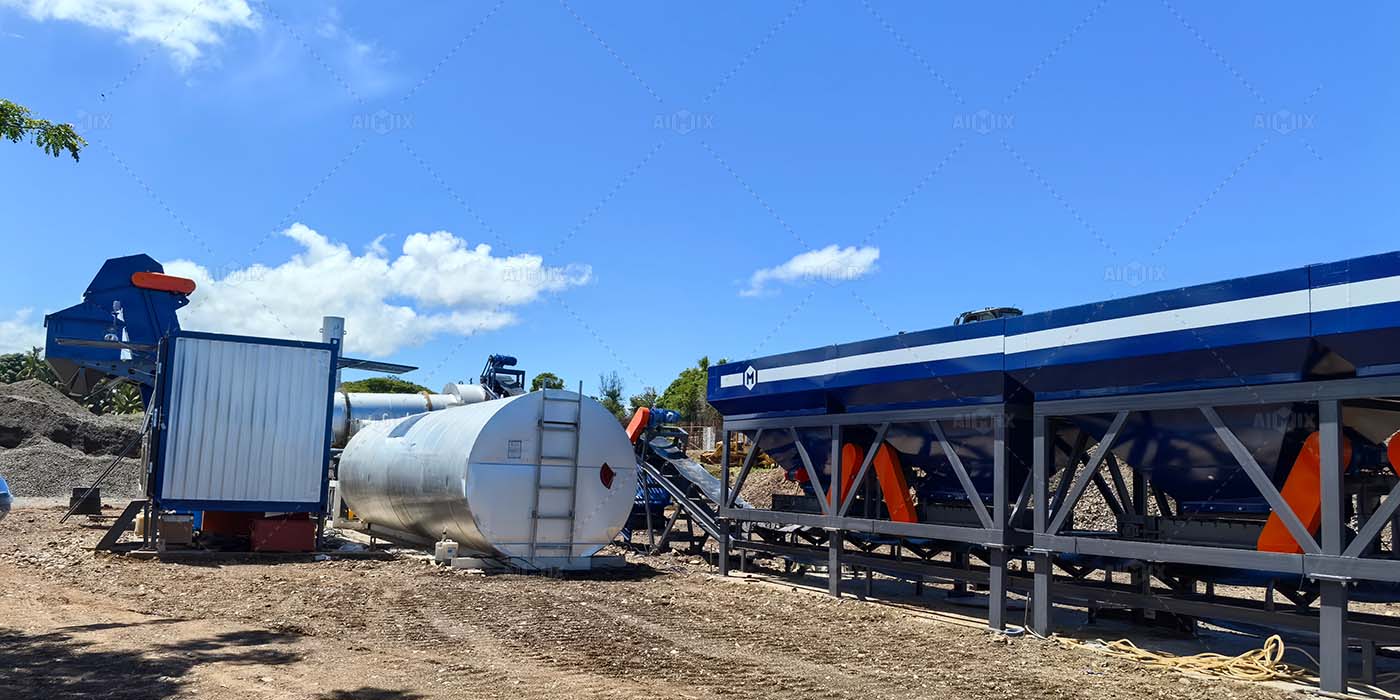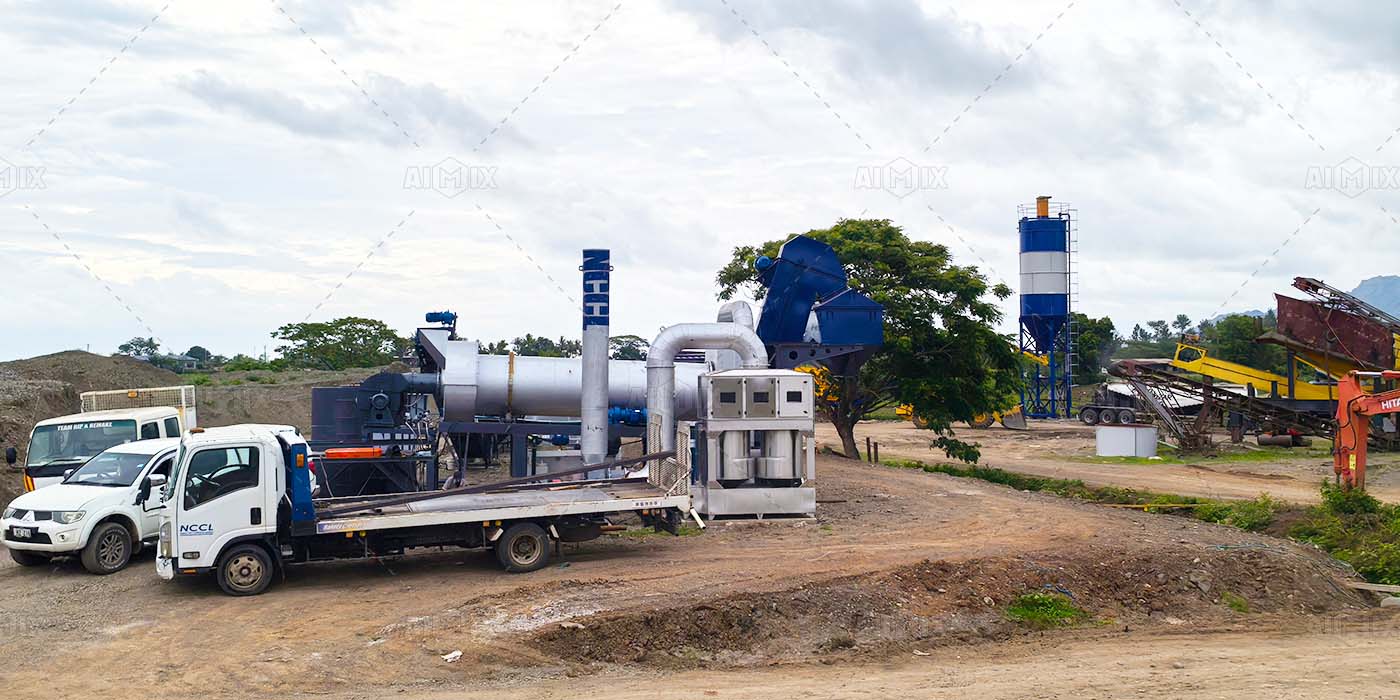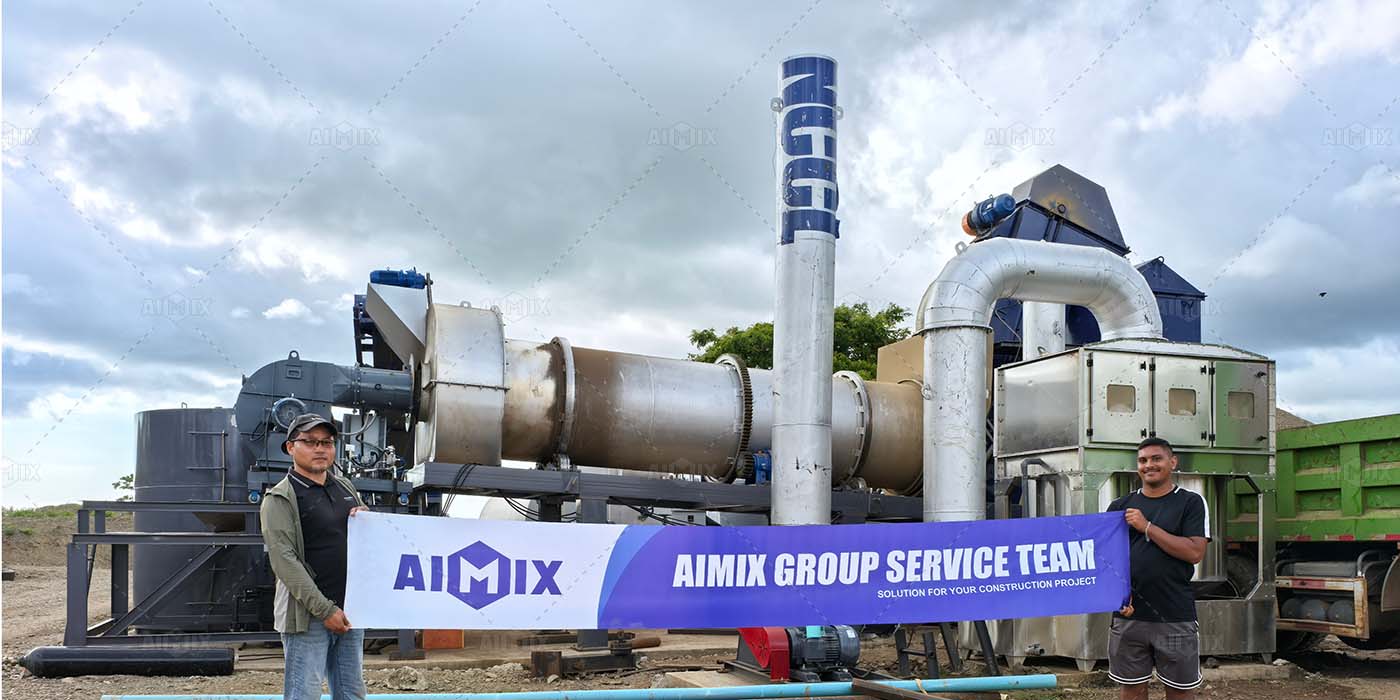When it comes to rural road construction, many contractors and local authorities face a common question—should we invest in a mini asphalt plant? Budget, project scale, logistics, and material quality all play a role in the decision. In this post, I’ll walk you through the practical considerations, real benefits, and limitations of using mini asphalt plants for sale for rural road projects.

Understanding Rural Road Construction Needs
Rural road construction often happens in areas where resources are limited. Roads tend to be shorter, less trafficked, and located in remote areas. But this doesn’t mean quality can be compromised. Villagers, farmers, and small business owners rely on these roads daily. Durable and smooth pavement makes transport easier and safer.
Unlike highways or urban infrastructure, rural projects don’t always need massive asphalt production capacity. This is where a mini asphalt plant becomes an option worth considering.
Why a Mini Asphalt Plant Could Be a Smart Choice
Now, let’s look at what makes a mini asphalt plant fit these rural construction demands. A mini plant is designed for mobility, simplicity, and cost efficiency. And for many rural projects, those are exactly the priorities.
1. Cost-Effective Setup
Mini asphalt plants are generally more affordable than large-scale stationary plants. If you’re handling rural road construction with limited funds, a mini plant reduces the initial investment while still offering reliable performance. Get to know the asphalt plant price from us directly!
2. Easy to Relocate
Many rural roads are built in different scattered locations. Transporting hot mix asphalt over long distances isn’t practical. A mobile mini asphalt plant allows you to produce asphalt directly near your jobsite. This reduces transport costs and improves asphalt quality by minimizing mix cooling time.
3. Fast Installation and Operation
Time is often critical. Mini plants have simple structures and smaller components. This means faster setup and quicker start of production. If you’re handling multiple small projects, this flexibility can save both time and money.
4. Sufficient Output for Small Projects
Not every job needs tons of asphalt per hour. Mini plants can typically produce 10–30 tons per hour, which is usually enough for village roads, farm paths, or access roads. You won’t be overpaying for unused capacity.

Points to Consider Before Making a Decision
Although a mini asphalt plant has clear advantages, it’s important to match its features with your project needs. Let’s look at some key considerations.
1. Project Duration and Scale
If your rural project covers a wide area or requires long-term production, a larger plant or batching solution might be more economical in the long run. However, for short or medium-sized jobs, a mini plant provides just the right balance of capacity and flexibility.
2. Availability of Raw Materials
Make sure the local supply of aggregates and bitumen is reliable. A mini plant works best when raw materials are nearby. Otherwise, transport delays might affect your progress.
3. Technical Skills and Maintenance
Mini asphalt plants are simple to operate, but basic training is still essential. Make sure your team is familiar with the equipment. Also, having access to after-sales service and spare parts is critical—especially in remote areas.
How a Mini Asphalt Plant Improves Rural Road Projects
By now, you may wonder: does a mini portable asphalt plant really make a difference on-site? The answer is yes—and here’s why.
Producing asphalt on-site shortens the workflow. You get full control over your mix quality. You avoid delivery delays and mix cooling. That means better compaction and longer-lasting roads. In short, a mini plant brings independence and efficiency to your construction process.

What Kind of Contractors Benefit Most?
If you’re a small contractor working in local government projects, private estate developments, or agricultural road improvement schemes, a mini asphalt plant can give you a competitive edge. It helps reduce cost per ton, increases mobility, and improves work flexibility.
Even for medium-sized companies, having a mini plant as a backup or mobile solution can boost productivity—especially when handling projects in remote regions where transport is a challenge.
Conclusion: Is It the Right Fit for You?
Choosing the right equipment depends on your specific project requirements. A mini type asphalt plant is not for every situation. But for rural road construction—where mobility, speed, and moderate output are key—it can be a perfect match. It simplifies the process, lowers logistics costs, and allows you to deliver reliable road quality without overspending.
Looking for a Reliable Mini Asphalt Plant?
If you’re planning a rural road project in Indonesia or Southeast Asia, I can help you choose the right mini asphalt plant to meet your specific needs. We have local warehouses, engineers, and after-sales support to ensure your equipment runs smoothly from day one. Let’s discuss your project—just send me a message or request a quote today.